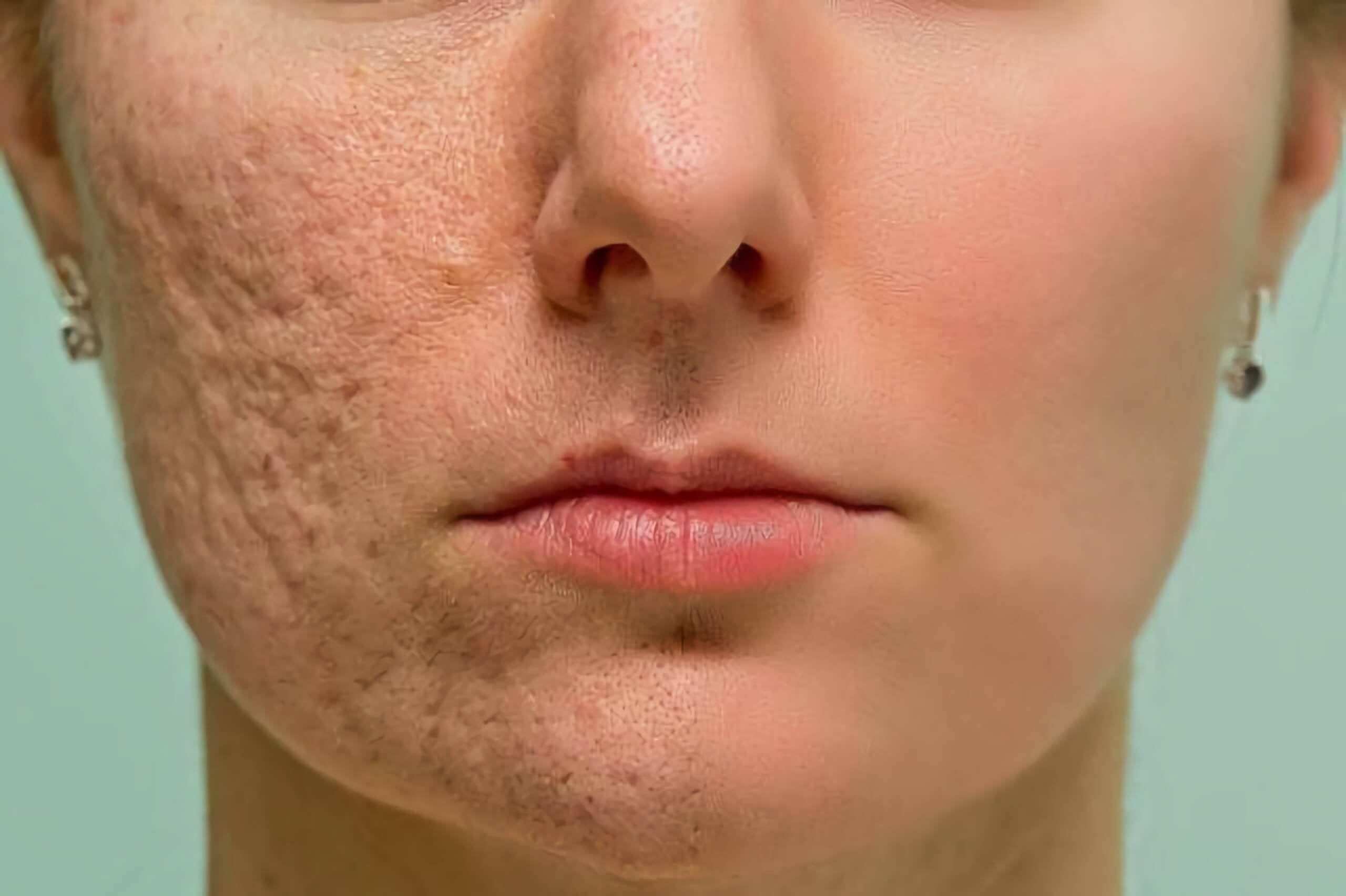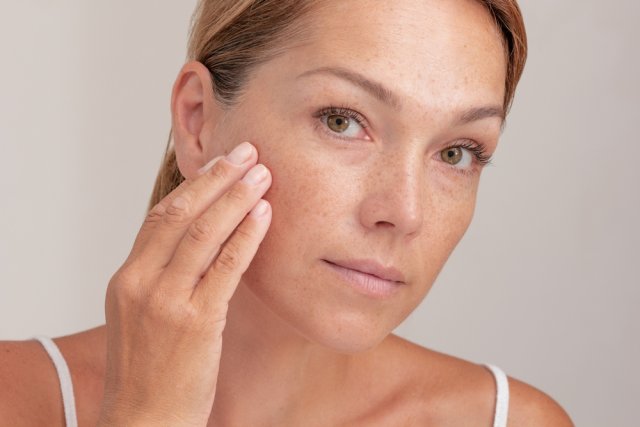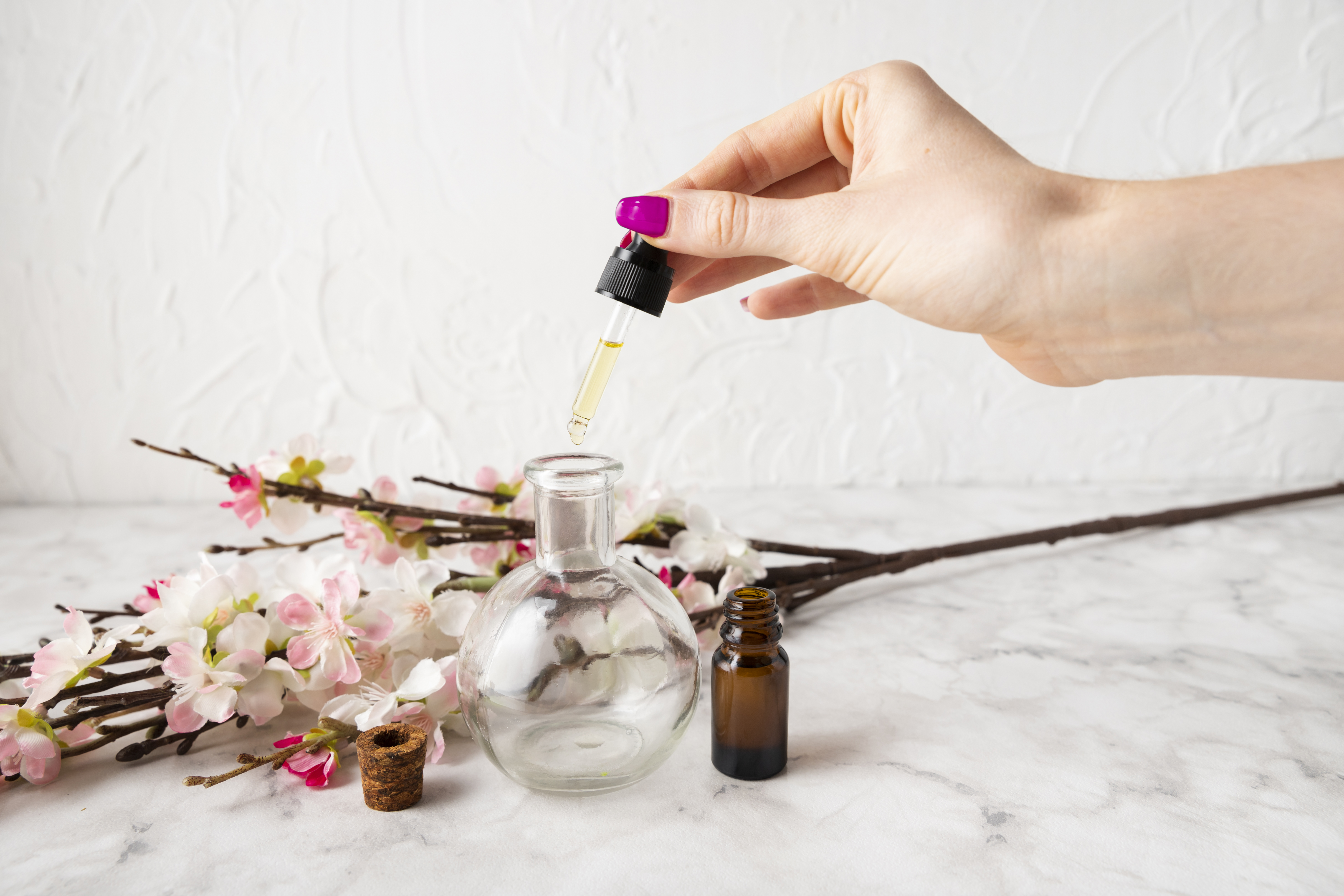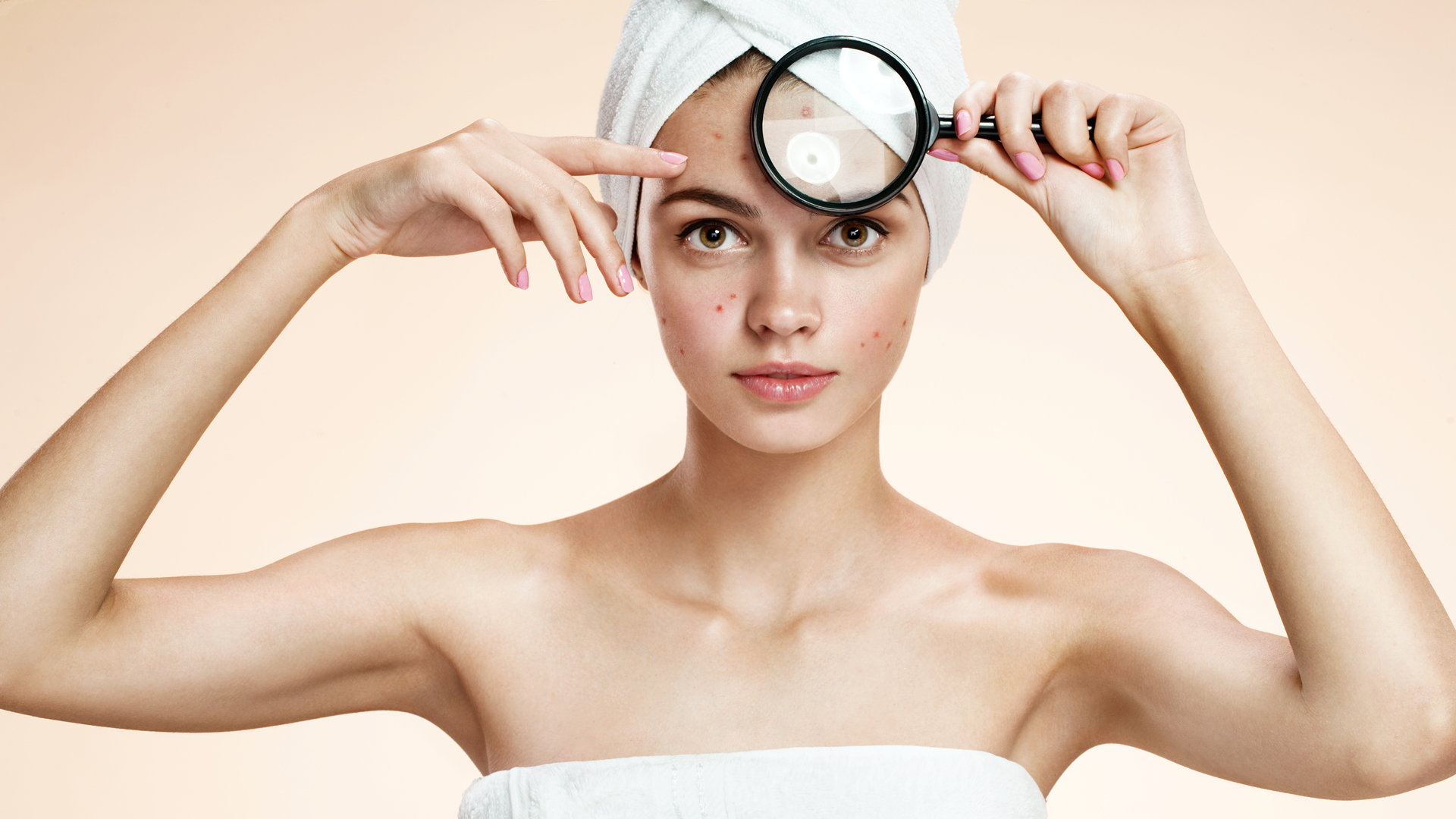Is Acne Taking a Toll on Your Confidence? Here's How to Treat It Effectively
Acne is one of the most common skin conditions affecting both teenagers and adults. While most people can easily recognize pimples, some skin conditions closely resemble acne but require a completely different approach. That's why accurate diagnosis is critical before starting any acne treatment. Early and effective acne treatment not only helps control breakouts but also prevents long-term issues like scarring and skin discoloration.
How to Identify Acne: Signs to Look Out For
Acne presents itself in multiple forms and may vary by individual. Common features include:
Excessive oiliness or greasy skin
Whiteheads (sometimes inflamed)
Blackheads
Large, visible pores
Small bumps under the skin, often in clusters
Understanding these symptoms is the first step toward seeking proper care.
What Makes Acne Worse? Common Aggravating Factors
Certain daily habits and environmental conditions can worsen acne, even when you’re following a treatment plan.
1. Touching and Picking the Skin
Constant touching, pressure, or picking can inflame pimples and cause deeper infections or scarring.
2. Cooking in Oily Environments
Exposure to airborne grease, especially in deep frying, can lead to clogged pores common among those who cook frequently.
3. Hot and Humid Weather
Sweat combined with low evaporation rates in humid weather traps bacteria and oils in pores.
4. Diet & Medications
Iodine-rich foods like spinach or certain cold and asthma medications can trigger acne outbreaks due to hormone interference.
5. Using the Wrong Cosmetics
Cosmetics containing fatty acid derivatives or oil-based creams can block pores. Vanishing creams, ironically, are among the worst offenders.
6. Chronic Stress
Stress triggers hormonal imbalances that can lead to sudden acne flare-ups, especially in students or working professionals.
How to Treat Acne: The Dual Approach
Acne management requires a two-pronged approach:
Medical Treatment – Prescription medications or topical applications from a dermatologist.
Daily Skincare Regimen – Essential for ongoing maintenance and prevention.
Effective Daily Skincare Routine for Acne-Prone Skin
Consistency is key when dealing with acne. Here’s a dermatologist-approved daily routine:
? Morning Routine
Wash hands and moisten the face with lukewarm water.
Use a liquid antiseptic or medicated face wash with anti-bacterial properties.
Pat dry using a clean, soft towel.
Apply an astringent or medicated toner to reduce oil.
Use a greaseless, medicated cream on pimples. Try calamine with clove and mint oil for natural healing.
? Midday Touch-up
Reapply toner or medicated lotion if possible.
Apply spot treatment on blemishes.
? Night Routine
Repeat the morning routine.
Apply a non-comedogenic moisturizer on dry areas (never on active pimples).
Weekly Deep Cleansing for Acne Control
Twice a week, enhance your skincare with:
A friction wash using cleansing granules – Helps clear blackheads and unclog pores.
Apply to face, shoulders, and back if needed.
Follow with a healing cream post-shower.
Home Remedies That Support Acne Care
While not a replacement for medical treatments, these remedies can help lighten acne scars and prevent breakouts:
Papaya & Mint Tea Compress: Apply cooled tea bag infusion to acne-prone areas.
Rose Water Toner: Mix rose water + ¼ tsp vinegar + 5 drops glycerin + 2 drops camphor.
Grape & Alum Mask for Scars: Bake grapes with alum & salt, squeeze juice, and apply it to the skin. Rinse after 15 mins.
The Do's and Don’ts of Acne Care
✅ Do:
Follow your skincare regimen religiously.
Use water-based, non-comedogenic products.
Manage stress through sleep, exercise, or relaxation.
❌ Don’t:
Pick, rub, or squeeze pimples.
Use oil-based moisturizers or thick makeup.
Apply beauty soaps or emollient creams on acne areas.
Ignore persistent or severe acne—consult a dermatologist.
When to See a Dermatologist
If your acne is:
Persistent despite over-the-counter care
Painful, cystic, or spreading to new areas
Leaving noticeable scars
Then it's time to seek professional help. A dermatologist can prescribe medications, recommend treatments like chemical peels or laser therapy, and tailor your care plan to your skin type.
Conclusion: You Don’t Have to Live with Acne
Acne is a treatable condition. With the right skincare routine, lifestyle changes, and medical intervention, clearer skin is within reach. Don’t let acne affect your self-esteem or lifestyle. Take the first step today. Want personalized acne treatment from experts? Book your consultation with Dr. Purnima Mhatre today and take the first step toward clear, radiant skin.




